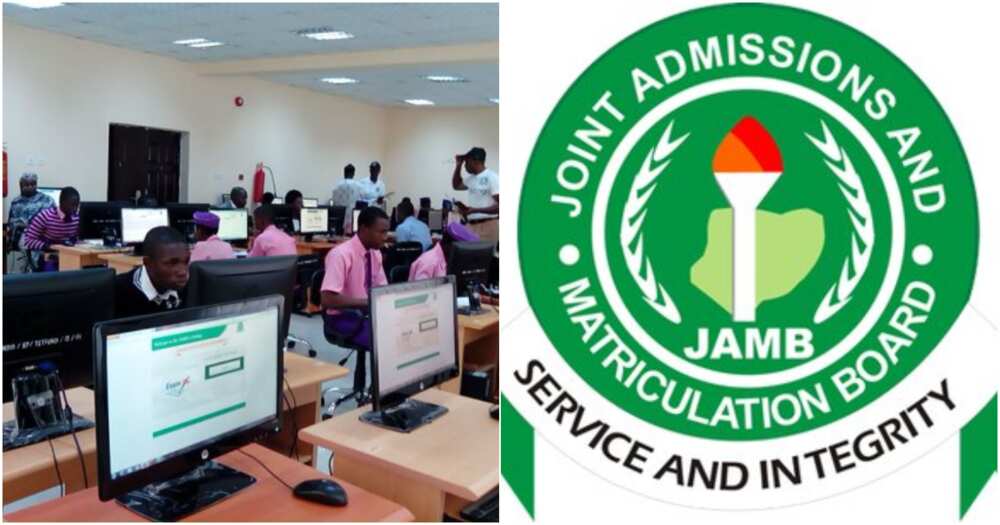For prospective students aspiring to pursue a degree in Banking and Finance in Nigeria, understanding the Joint Admissions and Matriculation Board (JAMB) cut-off point for the academic year 2024/2025 is crucial. The JAMB cut-off point serves as a benchmark for admission into tertiary institutions offering Banking and Finance programs across the country. In this guide, we provide insights into the expected JAMB cut-off point for Banking and Finance for the 2024/2025 academic session, along with relevant information for aspiring students.
Understanding JAMB Cut-off Point
The JAMB cut-off point is the minimum score set by tertiary institutions for admission into various degree programs. It serves as a screening criterion to determine eligible candidates for admission. While JAMB sets a general cut-off mark, individual institutions may establish their specific cut-off points based on factors such as the competitiveness of the program, the number of available spaces, and the quality of applicants.
Expected JAMB Cut-off Point for Banking and Finance
While the official JAMB cut-off point for Banking and Finance for the 2024/2025 academic session may vary among institutions, it is typically within the range of 160 to 200. However, aspiring students should note that this is a general guideline, and specific institutions may set their cut-off points higher or lower based on their admission policies and requirements.
Factors Influencing Cut-off Point
Several factors influence the JAMB cut-off point for Banking and Finance programs:
- Program Competitiveness: Banking and Finance programs at reputable institutions may have higher cut-off points due to their popularity and demand among prospective students.
- Institutional Policy: Each institution has its admission policies and criteria, which may include considerations such as merit, catchment area, and educationally disadvantaged states.
- Quality of Applicants: The overall performance of applicants in the JAMB examination can influence the cut-off point. Higher-performing candidates may contribute to an increase in the cut-off point.
- Availability of Spaces: The number of available slots for Banking and Finance programs at a particular institution can impact the cut-off point. Limited spaces may result in a higher cut-off point to select the most qualified candidates.
- Past Trends: Historical data on admission trends and academic performance may inform institutions’ decisions regarding the cut-off point for Banking and Finance programs.
Preparing for Admission
Aspiring students should take proactive steps to enhance their chances of meeting or exceeding the JAMB cut-off point for Banking and Finance programs:
- Score High in JAMB: Aim to achieve a JAMB score that exceeds the expected cut-off point for Banking and Finance programs. Invest time in thorough preparation and practice to perform well in the examination.
- Research Institution Requirements: Understand the admission requirements and cut-off points of the institutions offering Banking and Finance programs. Tailor your preparation efforts to meet or exceed these requirements.
- Consider Alternative Options: While aiming for admission into prestigious institutions is commendable, consider alternative options such as polytechnics, colleges of education, or universities with lower cut-off points for Banking and Finance programs.
- Explore Post-UTME Preparations: In addition to JAMB, many institutions conduct Post-UTME screenings as part of their admission process. Prepare adequately for these screenings to further enhance your chances of admission.
- Seek Guidance: Consult with academic counselors, teachers, and professionals in the banking and finance field for guidance on admission strategies, academic planning, and career pathways.
Conclusion
Understanding the JAMB cut-off point for Banking and Finance programs for the 2024/2025 academic session is essential for aspiring students planning to pursue a career in the financial sector. By preparing diligently, scoring competitively in the JAMB examination, and researching institution-specific requirements, students can increase their chances of meeting or exceeding the cut-off point and securing admission into reputable institutions offering Banking and Finance programs.

